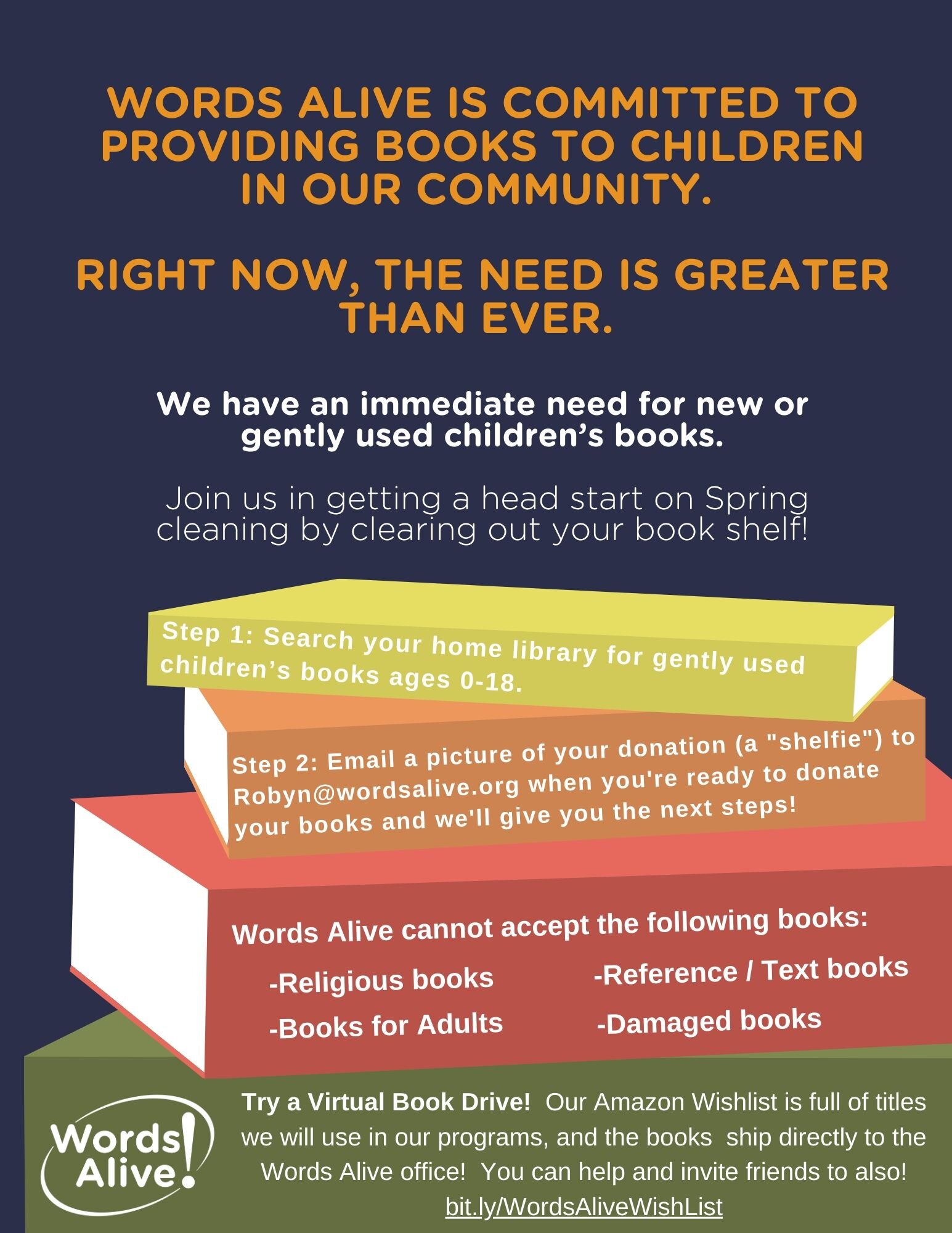Social Emotional Learning (SEL) is an initiative that teaches children specific skills and behaviors to help them manage emotions, make better decisions, create and achieve goals, and treat others with kindness. By practicing these vital skills, children are able to successfully cope with daily challenges and can thrive both inside and outside the academic environment.
The nonprofit organization, Jesse Lewis Choose Love Movement™, supports SEL by educating children about their thoughts, and how they can change angry thoughts into loving thoughts. Their signature program, The Choose Love Enrichment Program™, integrates SEL to teach students to choose love in any circumstance through self-awareness, self-management, social awareness, relationship skills, and responsible decision-making.
The Choose Love program curriculum focuses on four character pillars: Courage, Gratitude, Forgiveness, and Compassion. Today we will talk in detail about compassion.
What is Compassion?
“Too often we underestimate the power of a touch, a smile, a kind word, a listening ear, an honest compliment, or the smallest act of caring, all of which have the potential to turn a life around.”
—Leo Buscaglia (author and educator aka "Dr. Love"
The fourth "Choose Love" pillar is compassion in action. The Program Overview defines compassion in action as:
"Compassion has two components: the first is empathy, which means putting yourself in someone else's shoes and trying to feel what that person feels, and the second is action, which means helping someone in need and performing acts of kindness without expecting anything in return. Compassion in action is the understanding of a problem or suffering of another and acting to solve the problem or alleviate the suffering."
Before children take compassionate action, it's important they understand the meaning of empathy, which can often be confused with sympathy. The Choose Love Program Educator Guide indicates that, Daniel Goleman, emotional intelligence researcher and thought-leader, suggests that there are three types of empathy: cognitive, emotional and compassionate. … It further states that, “… Empathy skills lay the foundation for communication, problem-solving, conflict resolution, impulse control, relationship skills and leadership skills. …” (Source)
The Choose Love program teaches children necessary empathy skills they can use to support and connect with one another in a compassionate manner.
Why is it Important to Teach Compassion in the SEL Movement?
Teaching students about compassion is vital. The school environment alone can be extremely stressful. Some children struggle to make friends and are often ignored, excluded, and teased or bullied by other students. Many children feel pressured to perform well in class while also dealing with difficult issues at home.
Children need the support of their peers, teachers, and parents. And compassion plays a major role in building these connections and relationships by teaching children to think about how others are feeling and what they can do to help them.
It's also critical for students and teachers to participate in open discussions and practice activities within the classroom to demonstrate how students can apply their newly learned skills. For example, if a classmate appears to be upset, how can the other students respond in a supportive manner? Or, if a student sees another student struggling, what are some ways to show kindness to that person?
By talking freely in a safe environment, children become more comfortable expressing their feelings and paying attention to other students' feelings, which in turn, helps build empathy. The activities performed within the classroom prepare children to behave appropriately in real-life situations.
Showing compassion towards others is highly beneficial to all involved, and those who practice it will experience:
• Enhanced connections and relationships
• Ability to respond in a kind and loving manner
• Improved social skills
• Social and moral awareness
And one of the greatest benefits is that compassionate children become compassionate adults!

















